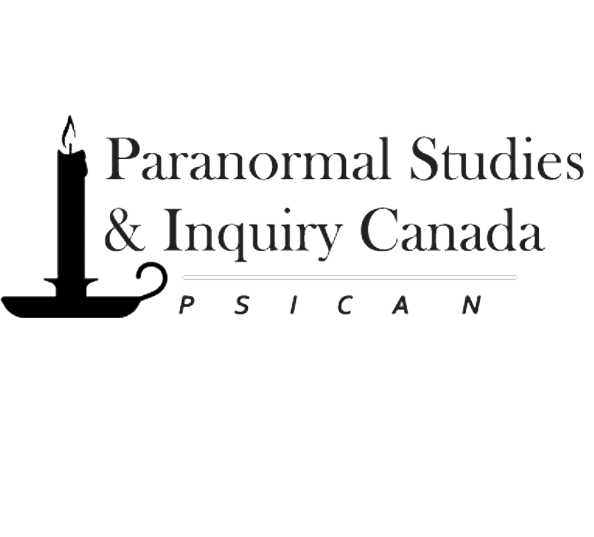
What is parapsychology?
Parapsychology is a scientific sub-discipline of psychology. Although many people think of the characters in the movie Ghostbusters to identify what is parapsychology, it has little resemblance to these fictional characters.
Most agree that the founders of modern parapsychology are Joseph Bank Rhine (1895-1980) and his wife Louisa Ella Rhine (1891-1983). Joseph Rhine had a Ph.D. in botany and started to work as a professor at Duke University in 1927. He quickly developed an interest in abnormal psychology. This interest eventually led him to develop the basis of parapsychology in the 1930s. Louisa had also a Ph.D. in biology and conducted her own research in parapsychology, as well as in conjunction with her husband. They created what will be known as the Rhine Research Center, based in Duke University, the peer-reviewed scholarly journal The Journal of Parapsychology, and the scientific association the Parapsychological Association
The Rhine wanted to study the paranormal in a scientific way, and within the institutional realm of scientific research. This constituted a major breakaway from the previous type of research, often referred to as “psychical research.” For the Rhine, if the paranormal can be studied seriously by the scientific establishment, it had to remove itself from the legacy of psychical research which was perceived as amateurish; many psychical researchers had not substantial scientific training, the experimental conditions were rarely rigorous (to avoid fraud), data were gathered in an anecdotal way and without common referents.
However, the greatest distinction between parapsychology and psychical research was that the former rejected the notion that non-human entities (ghosts, spirits, etc.) were involved in paranormal phenomena. Parapsychology developed the concept of “psi” to describe paranormal phenomena, and assumes that any human being has some sort of psi ability. This last assumption led the discipline to emphasize larger studies involving many subjects under strict control conditions in laboratory, and the results being submitted to statistical analysis in order to prove the existence of psi as an unexplainable deviation from chance. The hard and painstaking work of the Rhine, and many others who followed them, eventually paid off when parapsychology was formally accepted as a scientific discipline by the American Association for the Advancement of Science in 1969.
Parapsychology tends to divide psi into two types of effects. The first is known as Extra Sensory Perceptions (ESP), where there is communication of information without known physical means (such as telepathy, clairvoyance, premonition, etc). The second is known as Psychokinesis (PK), where mental intentions affect matter without known physical means (such as affecting dice rolls, bending objects, levitation, etc.). There are some debates in parapsychology as to whether ESP and PK are actually different forms of psi, as affecting matter can also be construed as affecting the information about matter.
Who are parapsychologists?
Parapsychology, like many scientific disciplines, is not regulated by law, but it has informal regulatory rules that are followed. Hence, anyone can call himself/herself parapsychologist, but he/she will not necessarily be recognized as such by the scientific community. The main informal rule is to be member of an officially recognized scholarly society such as the Parapsychological Association in the United States, or the parapsychological section of a national or international Psychology Association. Membership is usually conditional to be affiliated to a recognized university or research centre (graduate student, research fellow, professor, etc.), or for independent researchers to have a substantial portfolio of publications in peer-reviewed academic journals.
There are no Ph.D. programmes in parapsychology from officially recognized universities, however, there are a few universities offering a Ph.D. in psychology with a concentration in parapsychology, such as the Koestler Parapsychology Unit based in the Department of Psychology of the University of Edinburgh. The most common route to become a recognized parapsychologist is to do a graduate programme in psychology and focus one’s research on a parapsychological topic under the supervision of a professor specializing in parapsychology. Yet, some of the most famous parapsychologists such as Russel Targ, Harold Puthoff, and Dean Radin are actually physicists who re-oriented their career in researching and publishing in the field of parapsychology. Others, who have parallel interest to parapsychology and who are active in the field, oftentimes have a Ph.D. from other disciplines such as Michael Persinger (Neurology), Robert Schoch (Geology) or Marcello Truzzi (Sociology).


